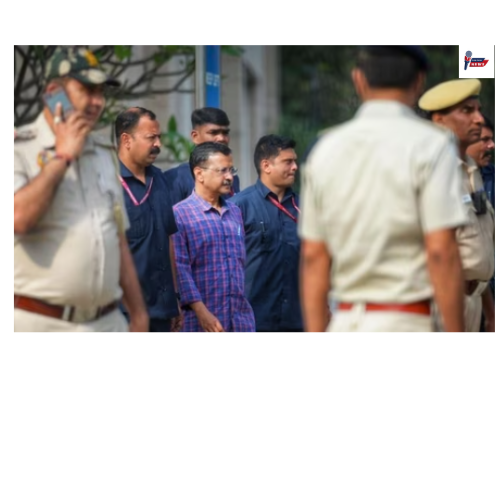
Arvind Kejriwal, the Chief Minister of Delhi, recently made headlines with the Supreme Court granting him interim bail in the Enforcement Directorate (ED) case related to the excise policy matter. This case, filled with twists and turns, has significant implications for Kejriwal, his Aam Aadmi Party (AAP), and the broader landscape of Indian politics.
Background of the Case
The controversy began with the now-cancelled Delhi excise policy 2021-22, which led to allegations of irregularities and corruption. Kejriwal, along with other AAP leaders, faced serious charges, including money laundering. Despite the Delhi High Court rejecting his petition and the subsequent challenges, Kejriwal continued to fight the legal battle, portraying it as a politically motivated move by the ruling Bharatiya Janata Party (BJP).
Supreme Court’s Decision
On July 12, 2024, a bench comprising Justices Sanjiv Khanna and Dipankar Datta granted interim bail to Kejriwal. The court noted his over 90 days of incarceration and highlighted the importance of the right to life and liberty. The decision to refer the matter to a larger bench underscored the need to scrutinize the legal grounds for arrests in ED cases, particularly regarding the necessity and proportionality of such actions.
Implications for Kejriwal and AAP
This verdict is a significant legal victory for Kejriwal and AAP. It not only provides a breather for Kejriwal but also boosts the party’s political narrative. Despite the interim bail, Kejriwal remains in custody due to a separate CBI case, but the Supreme Court’s decision reinforces the fundamental rights enshrined in the Constitution, ensuring every citizen can seek judicial review of their arrest.